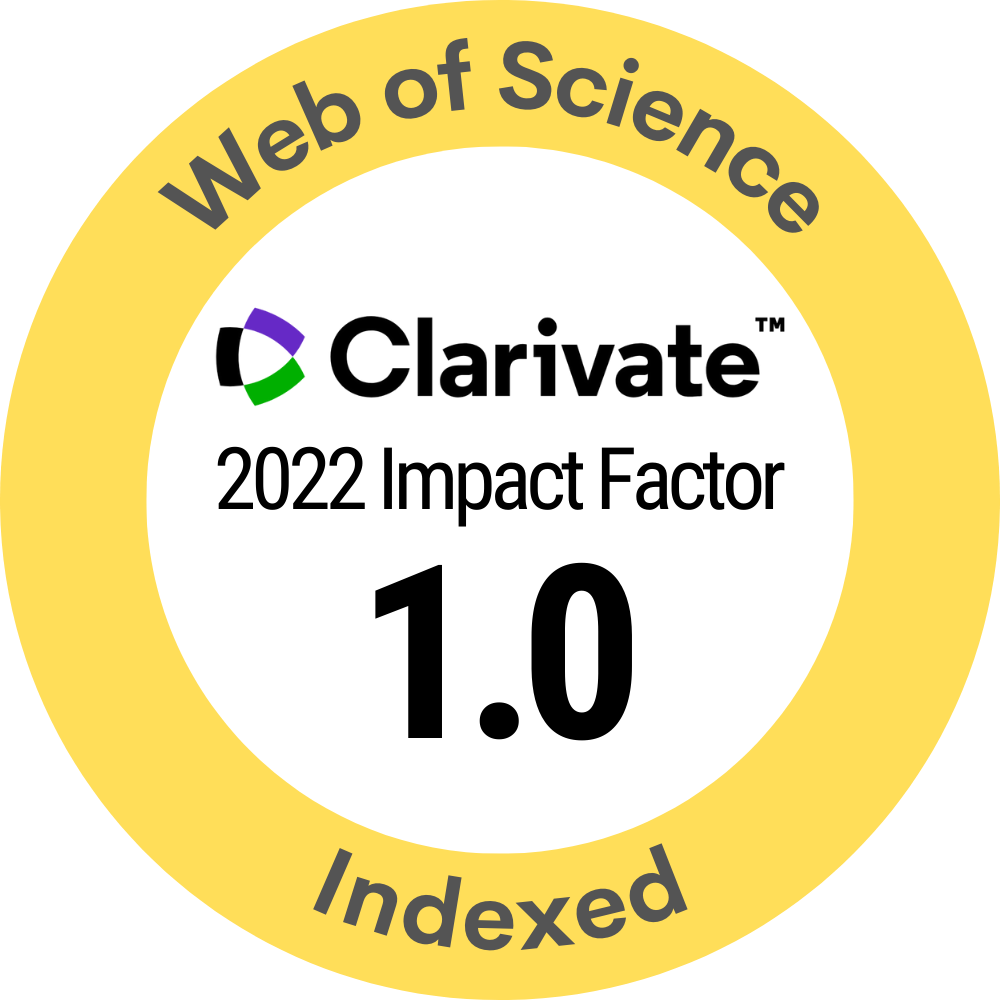A Comprehensive Review on Low-Temperature Combustion Technologies for Emission Reduction in Diesel Engines
DOI:
https://doi.org/10.15282/ijame.18.4.2021.07.0710Keywords:
Diesel engines; Engine emissions; Low temperature combustion; HCCI engines; Water-diesel emulsionAbstract
Diesel engines are lean burn engines; hence CO and HC emissions in the exhaust are less likely to occur in substantial amounts. The emissions of serious concern in compression ignition engines are particulate matter and nitrogen oxides because of elevated temperature conditions of combustion. Hence the researchers have strived continuously to lower down the temperature of combustion in order to bring down the emissions from CI engines. This has been tried through premixed charge compression ignition, homogeneous charge compression ignition (HCCI), gasoline compression ignition and reactivity controlled compression ignition (RCCI). In this study, an attempt has been made to critically review the literature on low-temperature combustion conditions using various conventional and alternative fuels. The problems and challenges augmented with the strategies have also been described. Water-in-diesel emulsion technology has been discussed in detail. Most of the authors agree over the positive outcomes of water-diesel emulsion for both performance and emissions simultaneously.
Downloads
Published
How to Cite
Issue
Section
License
Copyright (c) 2021 Universiti Malaysia Pahang Publishing

This work is licensed under a Creative Commons Attribution 4.0 International License.







